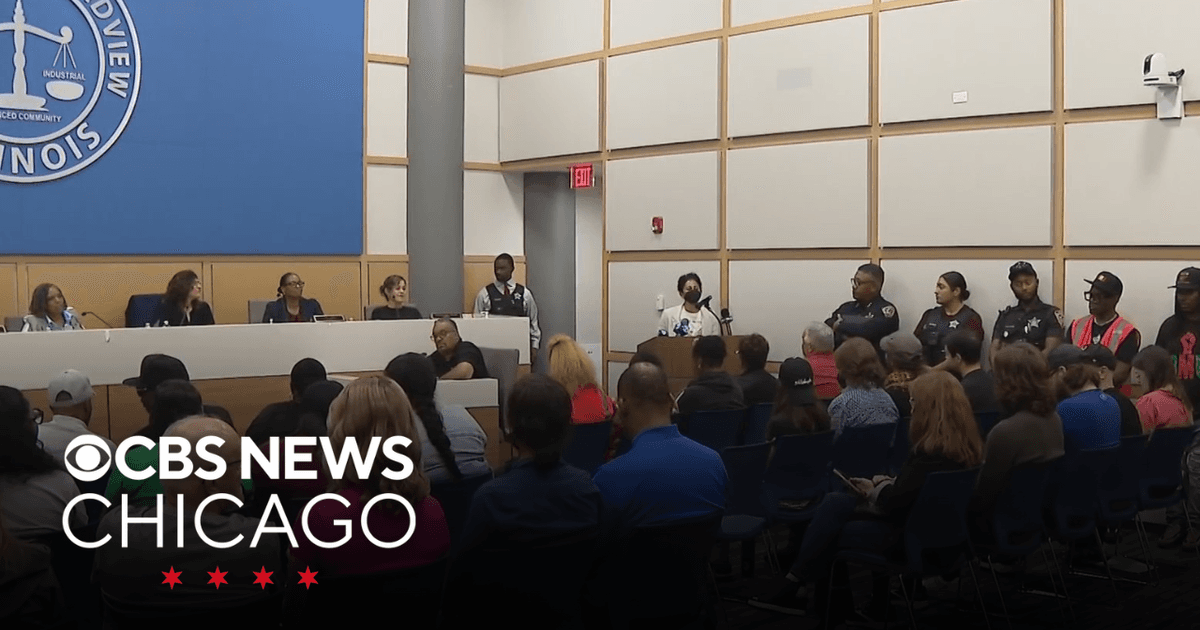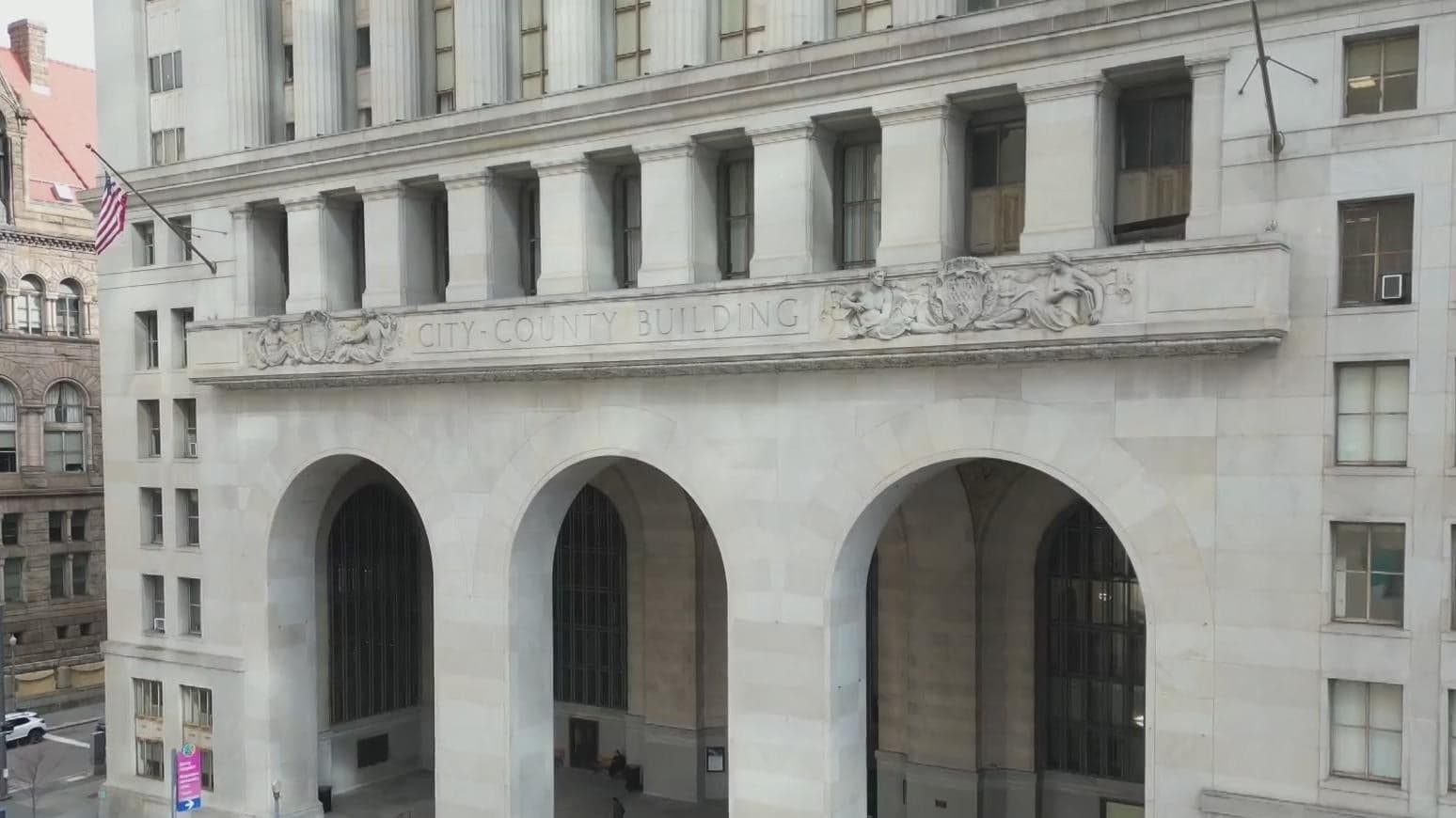Suburban Broadview Erupts as Mayor Declares Civil Emergency Over Threats
Protests in Broadview escalated today after the mayor declared a civil emergency following threats against her and other local officials, a move that has heightened concern about public safety and civil liberties. The action reverberates beyond the village, reflecting national political tensions that are shaping suburban governance and could influence policing and protest policy across the region.

Protests intensified in Broadview on Tuesday as the village mayor declared a civil emergency in response to threats directed at her and other municipal officials, CBS News reported. The declaration comes amid rising local anger over recent policy decisions and an atmosphere of heightened political rhetoric that observers say has bled into everyday municipal life.
The civil emergency gives local officials additional authority to marshal municipal resources and to take steps designed to protect the public and the safety of government personnel. Officials have characterized the measure as temporary and targeted, intended to address immediate risks while preserving broader civic freedoms. Details on the specific threats prompting the declaration have not been publicly released, and law enforcement agencies are conducting assessments to determine the scope and credibility of those threats.
Broadview, a working class suburb southwest of Chicago in Cook County, has not historically been a focal point for sustained protests, making the sudden escalation notable to both residents and regional officials. The tensions reflect a fraught local political environment. In neighboring Chicago there have been displays of sharp municipal divisions in recent weeks, including a city council rejection of a key component of Mayor Brandon Johnson's 2026 budget. National rhetoric has also intruded into local discourse. Earlier this month, former President Donald Trump called for an increased security presence in Chicago, a demand framed around commercial vacancies on the Miracle Mile that has polarized debate over public order and the use of force in urban settings.
Legal scholars and civil liberties advocates caution that emergency powers must be constrained by law and oversight to avoid disproportionate restrictions on the right to peaceful assembly. International human rights norms recognize the right to protest while permitting proportionate and necessary measures for public safety, a balance that local leaders must navigate carefully. Observers say the Broadview episode will test municipal capacity to protect officials and the public without unduly restricting dissent.
Police presence in the village has increased and municipal communications have urged calm, while community leaders called for deescalation and dialogue. The declaration has also prompted calls for transparency about both the nature of the threats and the legal basis for emergency measures. Residents interviewed near the village center expressed unease about the sudden shift in the civic atmosphere and concern for how long extraordinary measures might remain in place.
Regional officials are watching closely for spillover effects. If the situation persists, neighboring jurisdictions may be drawn into cooperative security arrangements or joint public messaging to stabilize the area. For now, the immediate priority for Broadview remains ensuring safety while upholding core democratic freedoms of protest and political expression, a fragile equilibrium in an era of intense polarization.

